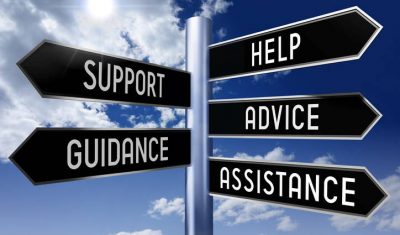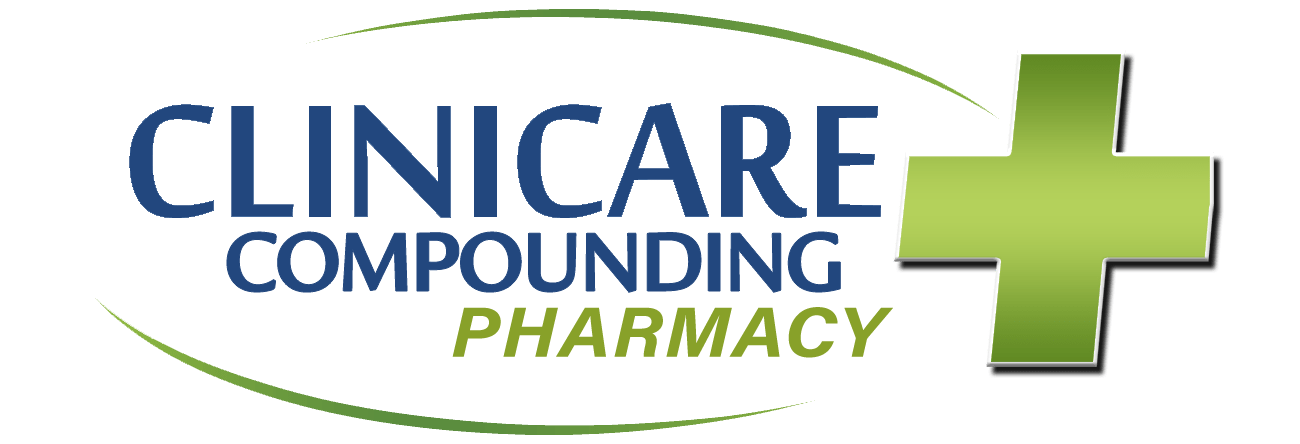These are some of the more common mental health problems;
If you or someone you know maybe experiencing a mental health disorder it is O.K to talk about, speak to your doctor or healthcare professional today about the best treatment for you.

 We are permitted to dispatch pharmaceutical products only within Australia.
We are permitted to dispatch pharmaceutical products only within Australia.

